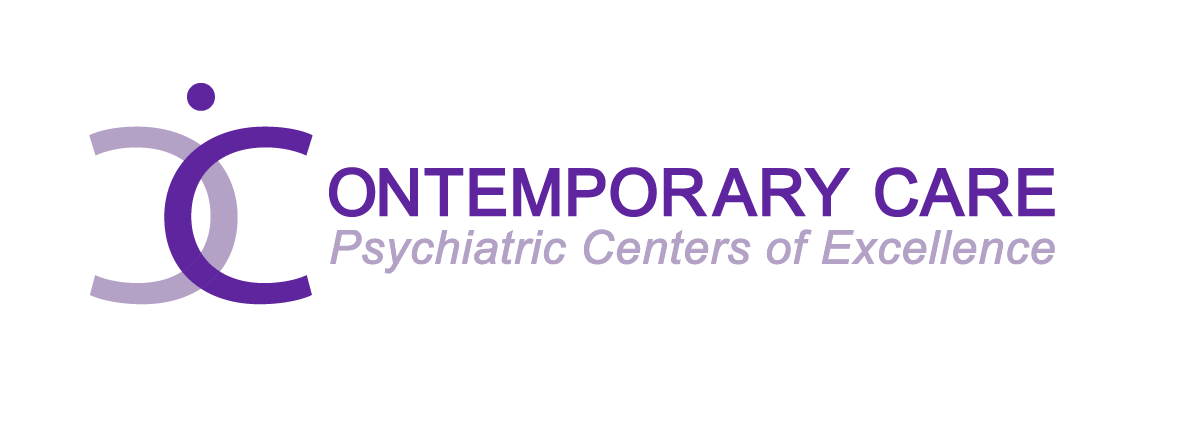ADHD / ADD Treatment in Connecticut
What is ADHD?
ADHD is a condition involving trouble with attention, hyperactivity, and impulsivity. It’s not just being energetic or easily distracted—it can affect daily life and relationships. Treatment usually includes therapy, education, and sometimes medication to help manage symptoms.
What are the symptoms?
ADHD is a brain disorder characterized by ongoing patterns of inattention and/or hyperactivity and impulsivity that can interfere with development and functioning. Inattention may cause you to have difficulty staying on-task, be organized, and lack persistence. Impulsivity may cause you to make snap decisions without thinking them through first, frequently interrupt others, or feel the need for immediate gratification. Hyperactivity, which isn’t part of ADD, prompts you to move around constantly or have extreme difficulty sitting still. You may also fidget, tap surfaces or talk a lot. In adulthood this may be perceived as extreme restlessness.
What causes ADHD?
The specific causes of ADHD remain unknown but numerous factors may contribute including brain injuries, a mother who smoked cigarettes or used alcohol during pregnancy, genetic factors, exposure to environmental toxins, low birth weight.
How is it treated?
Psychotherapy, medications and skills training can help manage ADHD symptoms. The most often prescribed medications are stimulants, which increase levels of dopamine and norepinephrine. These brain chemicals play key roles in attention and thinking. Non-stimulant options are also available and antidepressants may help in some cases. Psychotherapy can help you improve your behaviors and better manage emotionally difficult events through practices such as self-monitoring and rewarding yourself for positive behaviors.
Can lifestyle measures help?
While they shouldn’t replace doctor-recommended treatment, a nutritious diet and routine moderate physical activity may help reduce ADHD symptoms or boost the effectiveness of medications. Aim for 30 – 40 minutes of exercise daily, about 4 – 5 days per week. For best results, talk to your doctor before making major lifestyle changes.
